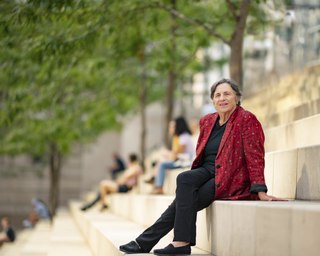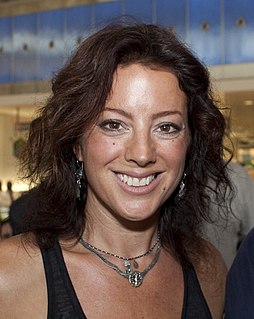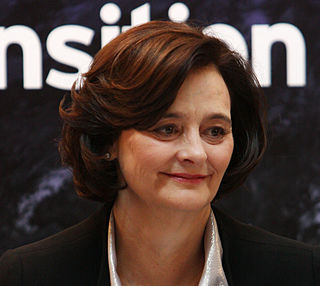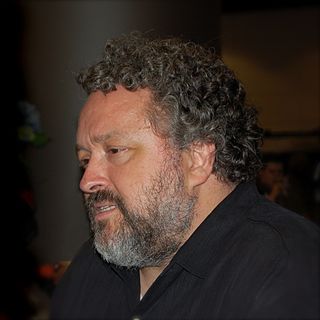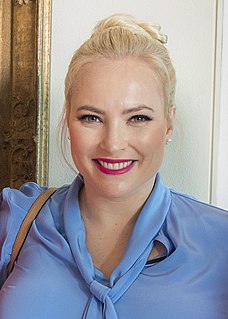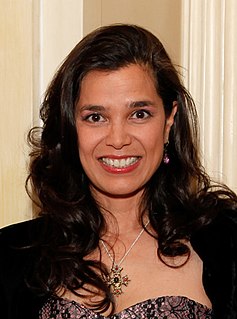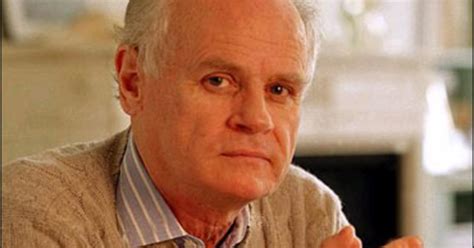A Quote by Carol Ross Barney
This generation I'm a member of, we're sort of infected by this idea that you had to make the world a better place.
Quote Topics
Related Quotes
I think different societies, cultures, individuals, teams of people, make the world a better place. The founding fathers, they made New England, they made those 13 colonies. I don't know if they thought they were changing the world or just changing their world, but they did make the world a better place. Doctors that cure patients or cure diseases or make discoveries, they're making the world a better place. Can I make the world a better place by selling underpants? Not really. That's just the means. That gives me resources to try to make the world a better place.
On becoming a mother, I sort of feel like every kid is my kid. I really do get that sense in a much more profound way that we all are a global community and we all have to band to try and give the children of our this generation whatever tools we can to go out into this world and try and make it a better place.
In my youngest days, the nuns at my grammar school drummed into us that we were in this world to make it a better place - not just for ourselves, but for other people, too. So from the very beginning, I've been driven by this idea that we have to make a difference, and it's one of the reasons I went into law in the first place.
Kate Otto, like so many in her generation, is committed to being a good global citizen and doing her part to make the world a better place. Everyday Ambassador is a refreshing approach which encourages collaborative work with focus, empathy, humility and patience to better affect positive change in communities throughout the world.
We've been led to believe that we have a very dumbed-down society - and that people are not thinking and are just sort of interested in escapism. However, if you look at this young generation, what I've been noticing is that they are extremely compassionate. They are extremely globally aware and interested, and they want to participate in making the world a better place - but they don't know how. As adults we are failing them by not providing them with any sort of guidance, any map, or any blueprint to do this stuff.
